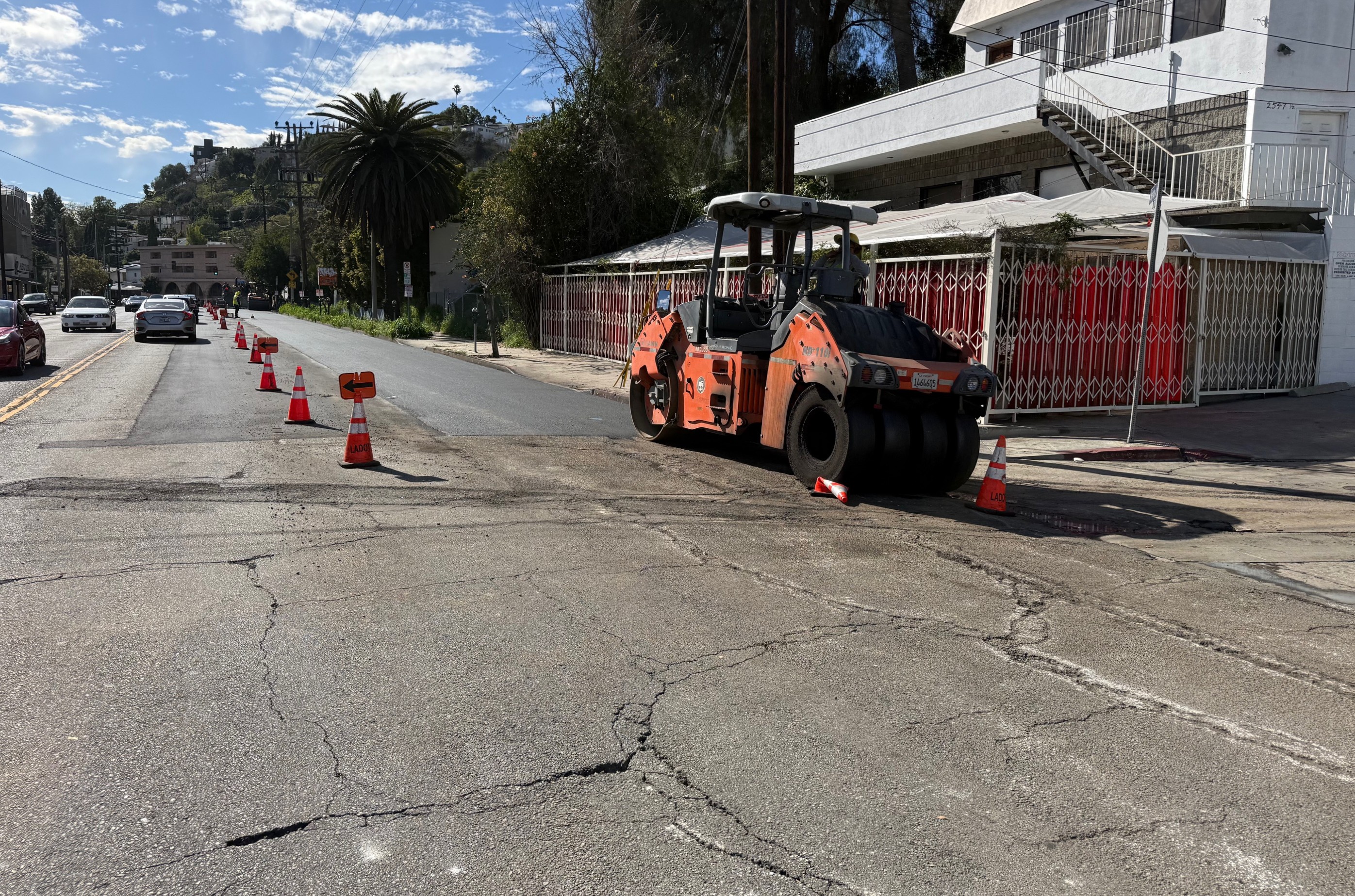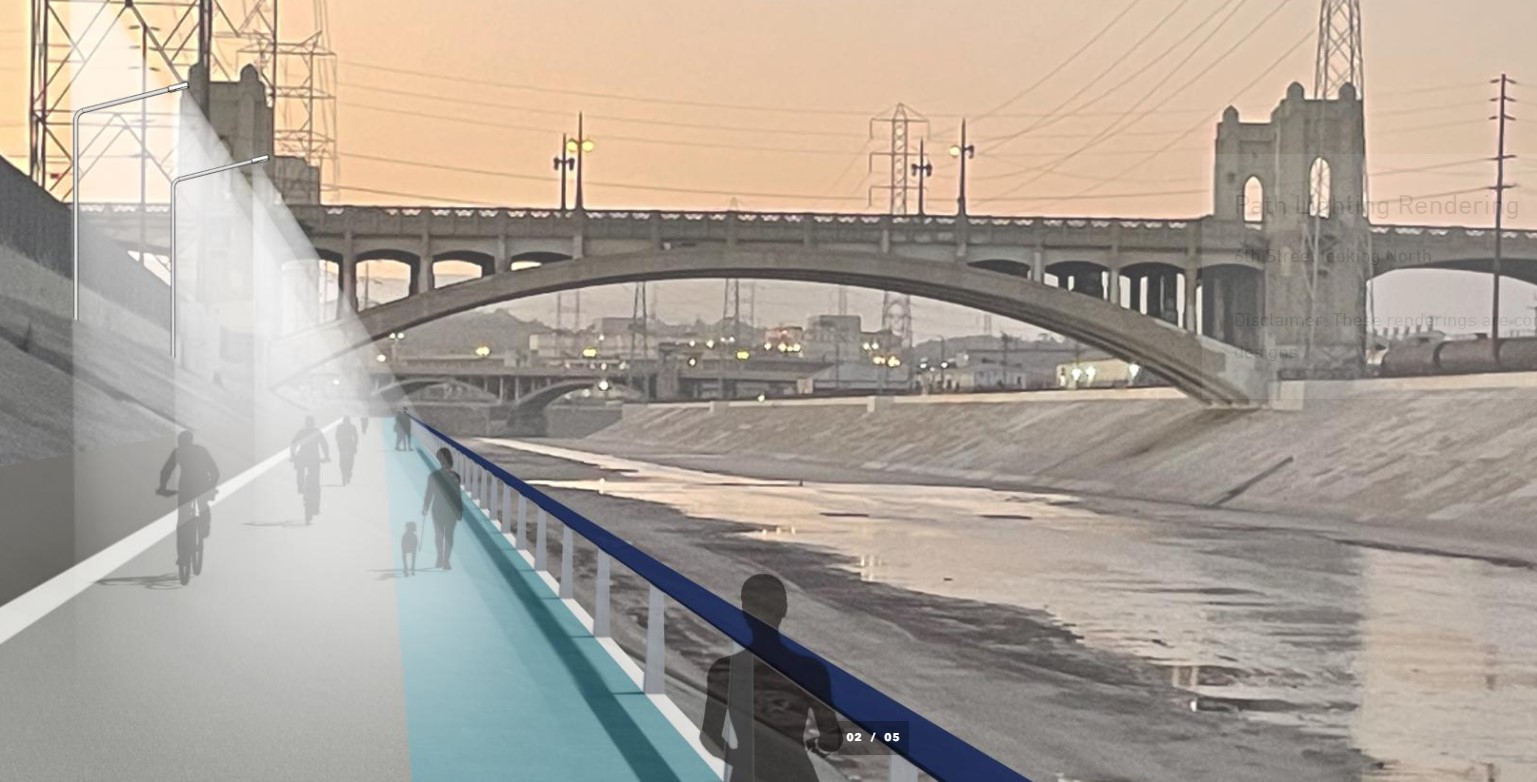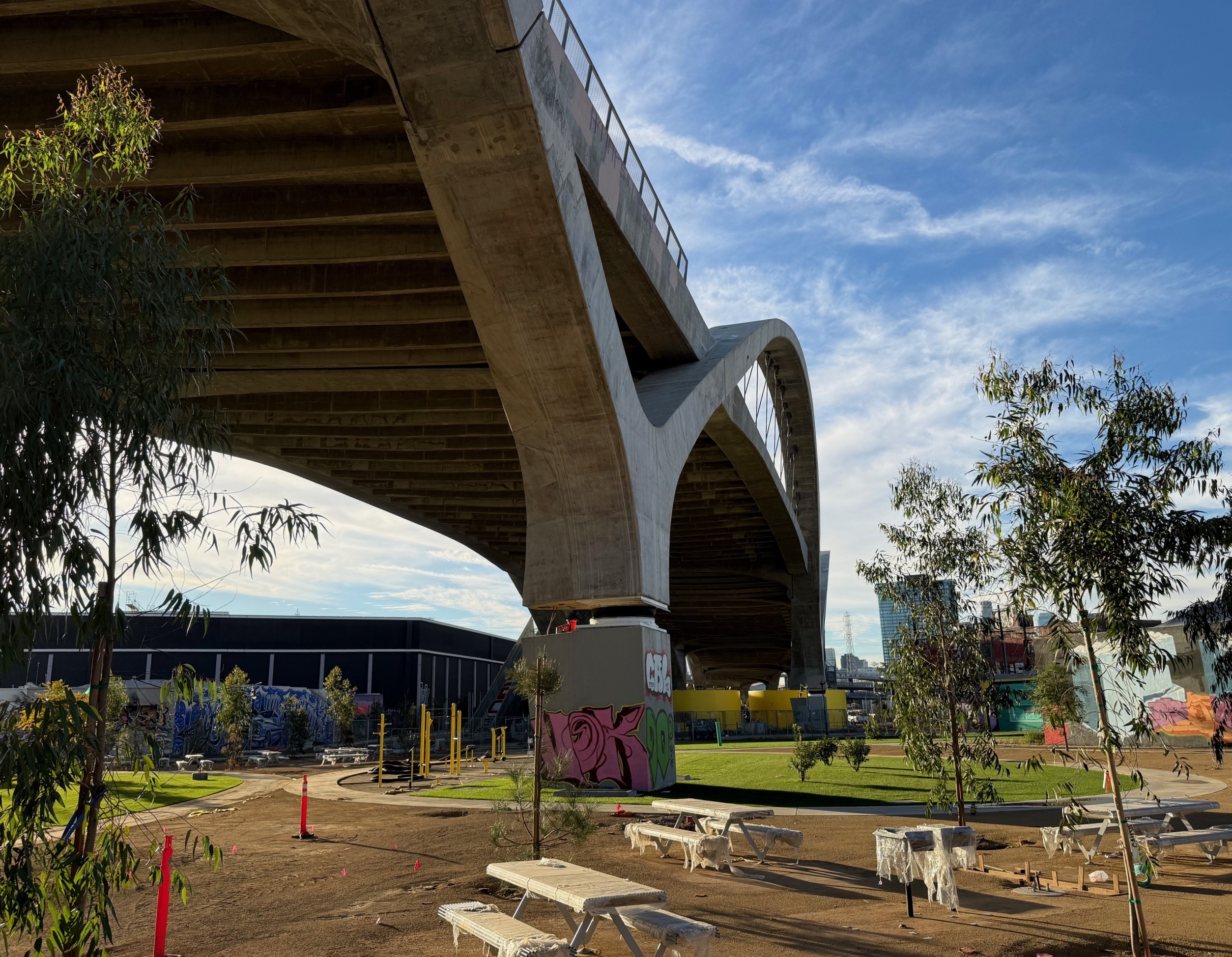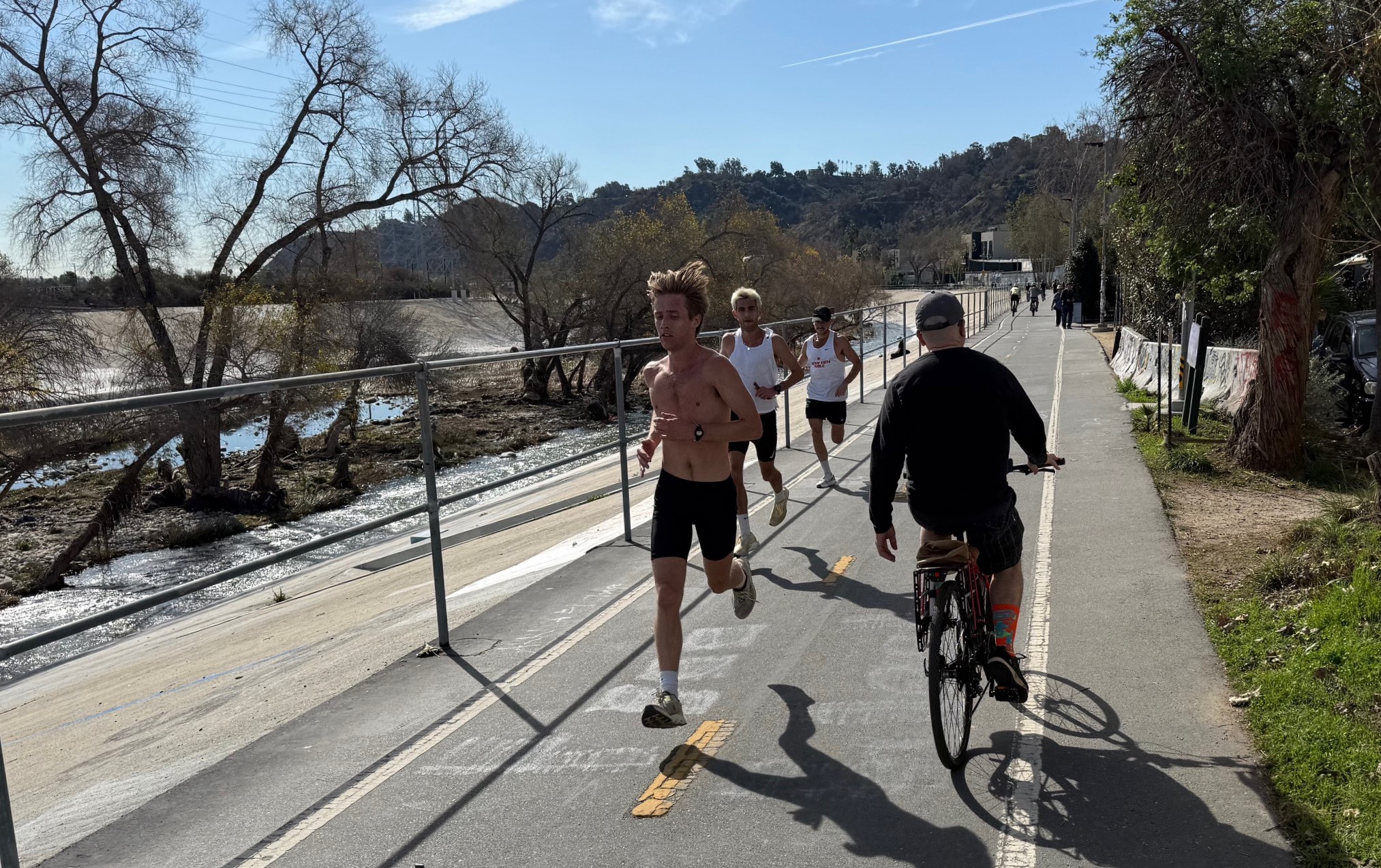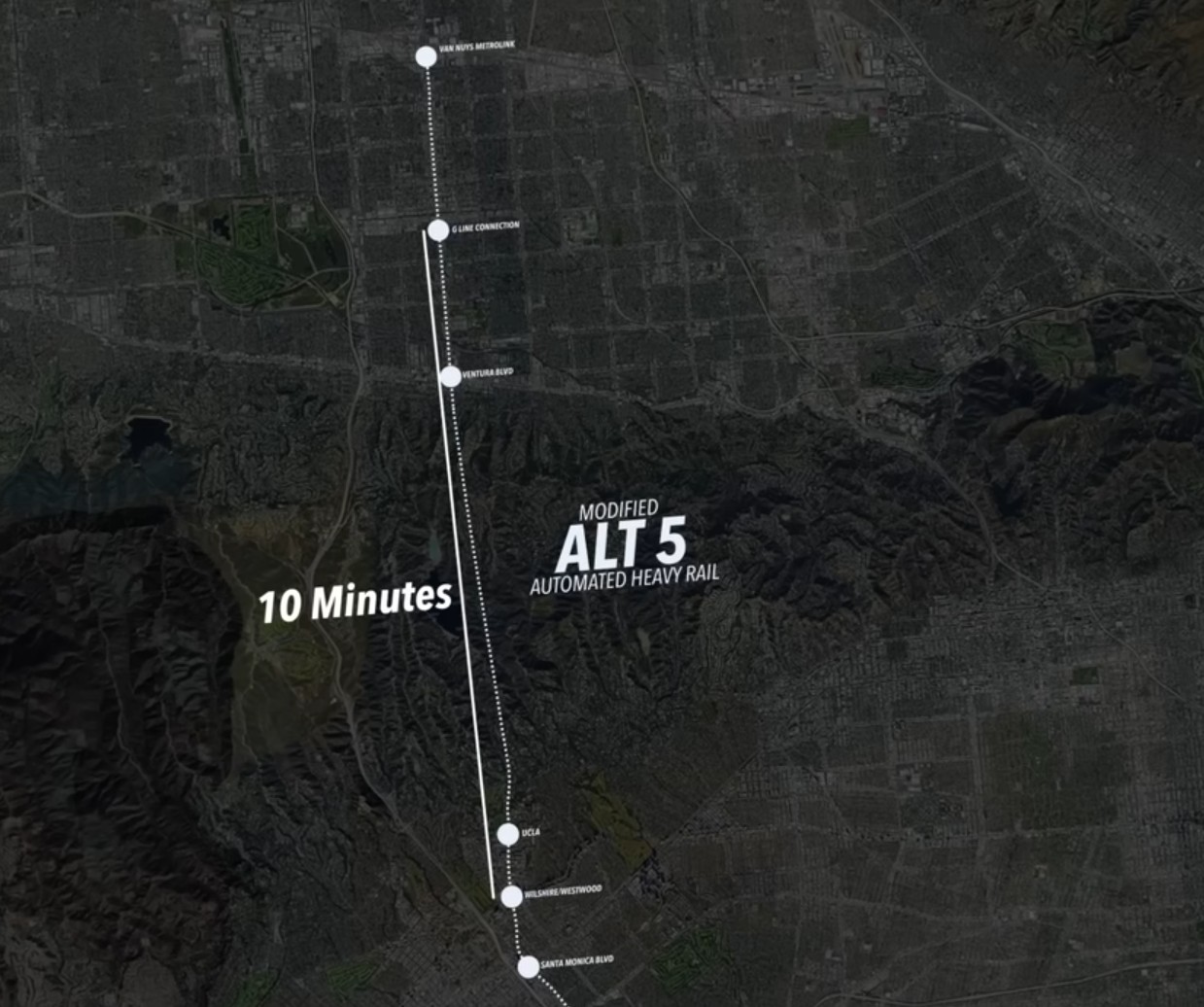This was a super busy week in Sacramento. Any bill that requires approval from the Appropriations Committee had to pass out of all its policy committees by today. Naturally, that meant very long hearings, as there was lots of legislation to be debated up to the last minute.
Below is a quick update on the current status of bills relevant to sustainable streets issues. Note that bills have to be heard in both the Senate and the Assembly, and in these next few weeks they will go through the process of passing from their house of origin to the “other side of the aisle.” For many of the bills that are still alive—that is, that have passed their policy committees and not died somewhere in the process—the next step is the Appropriations Committee of the house of origin. If they pass out of Appropriations, they will be voted on by the entire Senate or Assembly before passing to the other house to be assigned to new committee hearings there.
SAFETY
Hit-and-Runs: Assembymember Mike Gatto (D-Glendale) is trying again this year with A.B. 8, which would create a yellow alert system to make it easier for authorities to get help from the public to catch hit-and-run perpetrators. An identical bill last year passed both houses, only to be vetoed by Governor Brown, but Gatto isn't giving up. A.B. 8 unanimously passed the Public Safety Committee this week. Damien Newton interviewed Gatto about this legislation last week.
BIKES
Educational Diversion for Bike Infractions: A.B. 902 from Assemblymember Richard Bloom (D-Santa Monica) has moved quickly, and has already passed unanimously on the floor of the Assembly. Right now it's waiting to be assigned to policy committees in the Senate. This bill would allow local jurisdictions to create diversion programs so that people who get tickets for bicycle infractions could attend a bike safety class and have their fines lowered.
No Tolls for Bikes or Pedestrians on Bridges: Assemblymembers Phil Ting (D-San Francisco) and Marc Levine (D-San Rafael) wrote A.B. 40 to prevent the Golden Gate Bridge Authority from imposing tolls on bike riders and pedestrians, and have since amended the bill to include all state-controlled bridges. The authors point out that tolls would discourage these energy-efficient and clean modes of transport, and a balanced toll that truly reflected the relative costs of bike and pedestrian facilities would be too small to be worth collecting. The bill passed the Assembly Transportation Committee 13-2. The California Bicycle Coalition is collecting signatures in support of A.B. 40 here. For more information on this bill, read our previous coverage from last month.
Helmet? No Helmet? Senator Carol Liu (D- La Cañada Flintridge) was dissuaded from pursuing a mandatory helmet law with S.B. 192, but she has kept the bill in play. It now requires a “comprehensive study of bicycle helmet use.” The bill doesn't specify what would be in that “comprehensive” study, other than how many bike riders in California don't wear helmets and how many “fatalities or serious injuries ... could have been avoided if helmets had been worn.” It also doesn't say how the study would be funded. A study isn't a bad idea, but if it doesn't include substantive questions like whether bike helmet laws—not just helmets—reduce total injuries, or whether bicycle helmet laws are enforced fairly, there doesn't seem to be much point to it. Despite its weaknesses, the bill passed the Senate Transportation and Housing Committee this week.
Slow Vehicles Must Pull Over: In response to last year's Three Feet for Safety Act, Assemblymember Frank Bigelow wants to clarify the rules about when slow vehicles must pull over. Right now, his bill, A.B. 208, changes the word "roadway" to "highway" but otherwise lets stand the current law which says slow-moving vehicles--including bicycles--must pull over in a clearly designated pullout if there are five more more cars lined up behind them. We've heard opposing views of what the difference between "roadway" and "highway" is, and what that means for bicyclists, so we'll keep an eye on this bill. It passed the Transportation Committee and is on the consent calendar in the Assembly--which means unless it is pulled off that list, it will be passed onward without discussion.
Lots more after the jump.
NEW TYPES OF VEHICLES
New Definitions for Electric Bikes: Assemblymember David Chiu (D-San Francisco) introduced A.B. 1096 to create definitions and categories for electric bicycles, which are becoming a “thing”--especially in places with hills or where people want to haul kids and groceries by bike. The bill currently defines three types of e-bike, based on top speed and whether they are throttle-driven or pedal-assisted. The categories will make it easier to regulate the e-bikes, including which ones should properly be allowed to share bike lanes with non-electric bikes. The bill passed the Transportation Committee unanimously this week.
New Definitions for Pedicabs: In a few—very few—places, pedicabs are a thing, and not just the ones that haul two or three people around in touristy areas. S.B. 530, from Senator Richard Pan (D-Sacramento), expands the definition of pedicab to include pedal-powered devices that can seat up to 15 passengers. Defining these giants as “pedicabs” makes it possible to allow them on the street and to regulate whether or not the passengers—not the operator—can drink alcohol while pedaling slowly along (not faster than 15 miles per hour). The bill passed the Senate Transportation and Housing Committee this week.
New Definitions for Electric Skateboards: Currently it is not legal to operate a motorized skateboard “on any sidewalk, roadway, or any other part of a highway or on any bikeway, bicycle path or trail, equestrian trail, or hiking or recreational trail.” That seems to pretty much cover everywhere. A.B. 604 from Assemblymember Kristin Olsen (R-Modesto) would redefine electric skateboards as their own thing, and allow local jurisdictions to set rules about whether they can be operated on streets or sidewalks. The author says new electric skateboards are quiet and have brakes, making them very different from the motorized ones currently banned by law. Also, she says, electric skateboards are made in California, and “it is unacceptable that an environmentally conscious and safe product, assembled and designed in our state, cannot be legally operated under existing law." The bill passed the Transportation Committee 11-3.
TRANSPORTATION FUNDING
High Speed Rail Money for Active Transportation? Senator Ricardo Lara (D-Bell Gardens) introduced S.B. 400 to get more short-term greenhouse gas (GHG) reductions from the money that is going to high-speed rail from the GHG Reduction Fund, also known as cap-and-trade money. This bill would require the High Speed Rail Authority to allocate at least 25 percent of its share of cap-and-trade money to other transportation projects that produce GHG reductions. The list of possible options includes transit as well as infrastructure that supports “clean transportation, facilitates bicycle and pedestrian use, and connects bicycle and pedestrian routes to transit facilities.” The Active Transportation Program is oversubscribed and underfunded, so this would be welcome funding, and would likely bring GHG reduction benefits sooner than high speed rail could. This bill passed the Committee on Environmental Quality on a 7-0 vote this week.
Raise the Gas Tax Already: Senator Jim Beall (D-San Jose) has proposed a bill that would raise the gas tax and vehicle registration fees to pay for road maintenance and repair. S.B. 16 would also add an extra fee to electric vehicle registrations to make up for the loss in gas tax revenue due to their fuel efficiency. This is a tax levy bill, so it is not subject to the same deadline as other bills. It passed the Senate Transportation and Housing Committee on a 6-1 vote, and will be heard at the Government and Finance Committee next week. There are three measures being discussed to fix the state's transportation funding crisis, but so far only Beall's is moving.
Lowering the Voter Threshold for Transportation Taxes: Assemblymember Jim Frazier (D-Oakley) has proposed ACA 4, a constitutional amendment to lower the voter threshold for local sales tax measures for transportation. In some areas, local sales tax measures are generating substantial amounts of money for lists of transportation projects that have been prioritized and approved by voters. However, the 2/3 voter threshold for tax measures in California is proving to be a barrier in many places. This proposed amendment, which would lower the percentage of "yes" votes needed to 55 percent if a sales tax measure is for transportation, requires a 2/3 vote of the legislature to pass. If it passes both houses, it would be placed on the ballot for all voters to approve with a simple majority. ACA 4 passed the Transportation Committee this week with a 10-5 vote.
CLIMATE CHANGE:
Updating Emissions Goals: Senator Fran Pavley (D-Agoura Hills), who introduced A.B. 32, the California Global Warming Solutions Act, when she was a member of the Assembly, has proposed an update, S.B. 32. This bill would extend the goals for greenhouse gas emissions beyond the 2020 goals required by the original bill. The new target would be to reduce GHGs to an equivalent of 80 percent below 1990 level by 2050. This bill passed the Environmental Quality Committee on a party line vote.
The 50-50-50 Bill: Senate President ProTem Kevin De León followed up Governor Brown's call for clean energy goals with S.B. 350, the Clean Energy and Pollution Reduction Act of 2015. This bill would set the following goals for California to reach in the next fifteen years: 50 percent of California's electricity coming from renewable sources; petroleum use reduced by 50 percent; and the energy efficiency of buildings double what it is now. There are no details in the bill about how these goals would be achieved, leaving that up to the responsible agencies. This bill passed two committees this week, Environmental Quality and the Energy, Utilities, and Communications committee, both on party line votes.

